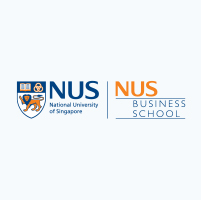Walmart, Samsung, Porsche, Tata…Family-owned firms are behind some of the most famous brands in the world. Together, these family businesses contribute most of the global Gross Domestic Product (GDP).
They feature prominently among business researchers, but there is a side yet uncovered.
NUS Business School’s Associate Professor Marleen Dieleman (Department of Strategy and Policy) said, “Most family business research quietly assumes that there is one nuclear family that runs one business. While this situation is true for most family businesses in the West, it does not cover situations far more common in emerging economies.
“Here in Southeast Asia, for instance, most entrepreneurial families have a wide array of firms spanning different industries, which changes the dynamics considerably. Other families have sold the original business and are active investors or philanthropists. So, there may not be a legacy business at all. Moreover, with large multigenerational families, often intermarried, can we still speak of a single family? The intricate dynamics of large groupings linked by kinship ties are still mostly unexplored by family business scholars. Thus, we saw the need to expand the family business literature into the realm of what we call ‘business families’.”
A new book, “De Gruyter Handbook of Business Families”, co-edited by Associate Professor Dieleman and Professor Michael Carney from Concordia University, sets out to “bring the family back to the forefront of family business research”.
Family members’ behaviours matter
There are several takeaways from the book. Associate Professor Dieleman said that family network analysis and psychology could help us understand the behaviours of family members and how these behaviours impact the business. She shared, “For instance, parenting styles and educational choices can affect the entrepreneurial tendencies and resilience of the next generations. Moreover, the roles of submerged family members such as spouses are crucial in managing relational transitions. My colleague Assistant Professor Jamber Li has contributed a fascinating chapter about this topic.”




